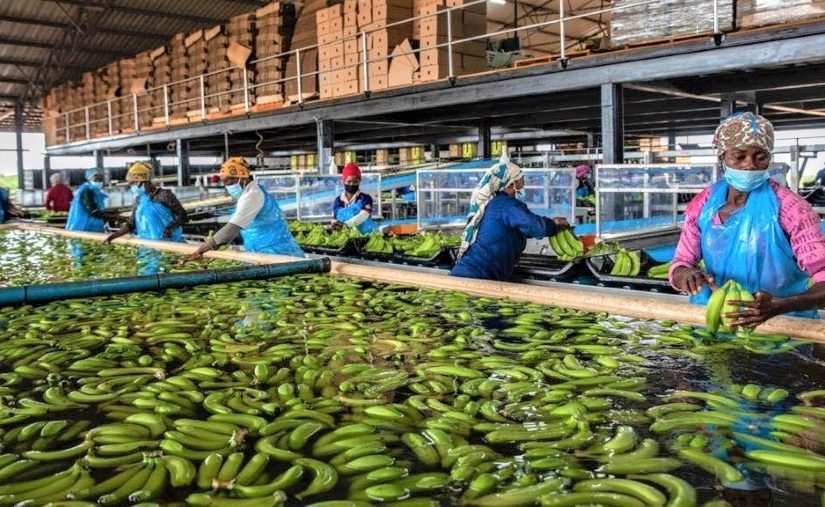FAO warns of unequal access to farm funding for women and youth in Mozambique
Mozambique: Fruit, veg exports skyrocket almost 71% in H1

FILE - For illustration purposes only. [File photo: Notícias]
Mozambique’s exports of fruit and vegetables soared by almost 71% in the first half of the year, according to data compiled on Tuesday by Lusa from the central bank’s balance of payments report.
“Sales of these products increased by 70.8%, amounting to US$52.5 million [€49.5 million], as a result of the return to normality of the process of production and marketing of these crops, after the effects of the unfavourable weather conditions that hit the country in 2023,” reads the Bank of Mozambique document.
The Mozambican Minister of Agriculture, Celso Correia, said on 11 November that the outlook for the agricultural season is good, with rain and a 5% growth rate, but stressed that “social peace”, in the current context of post-election demonstrations, is essential.
“It’s very important that we have social peace, because social peace allows us to produce, it allows each family that has its own activity to develop and have their income not affected. So, among all the conditions, apart from the climate, funding and working conditions, social peace is essential for us to have a smooth campaign next year,” he said.
Celso Correia predicted that the 2024/2025 agricultural season will see growth of 5%, as a result of the expected rains, noting that the southern part of the country has already seen rain – the rainy season in Mozambique runs from October to April – while in the centre and north the time for sowing will be “a little later”.
“The agricultural calendar has been affected by these climate changes, but the expectation is that in the next season we’ll have good weather, which will have a positive impact on production,” he said.
With the consumer market in the south still dependent on agricultural imports from neighbouring South Africa, Celso Correia acknowledged the need to “improve” Mozambique’s competitiveness in the sector.
“In order to be able to compete, [we need to] control the borders a little better, because we also have a lot of contraband, which sometimes comes in and makes competition unfair, and (…) we have to help producers improve quality. The market also determines this, but it’s a gradual process,” he explained.
As an example, he highlighted bananas, which are already a highly exported Mozambican product, but, on the other hand, he pointed to the case of tomatoes: “We still don’t have enough technology to allow greenhouse production out of season and the South Africans do. So when the climate changes in Mozambique, the local supply disappears, leaving us at the mercy of external supplies.”
He therefore emphasised the need for this investment, given the “imbalances” in the sector.
“We are following and registering gradual changes, they are not the ones we would like, we would like to have total independence, but there are significant advances that show that we are beginning to have bolder agricultural entrepreneurs who are looking for more advanced technologies. We have many young people, particularly in the Maputo belt, in the green zones, implementing new technologies and entering the market aggressively,” he concluded.












Leave a Reply
Be the First to Comment!
You must be logged in to post a comment.
You must be logged in to post a comment.